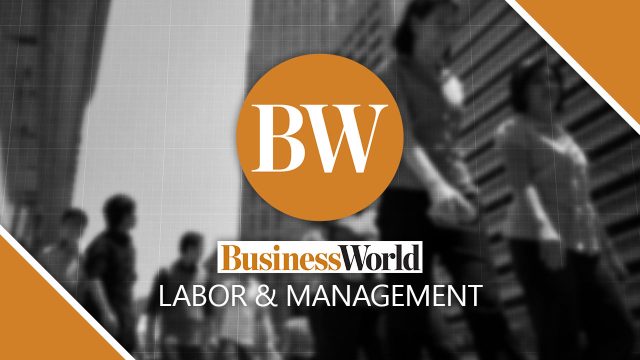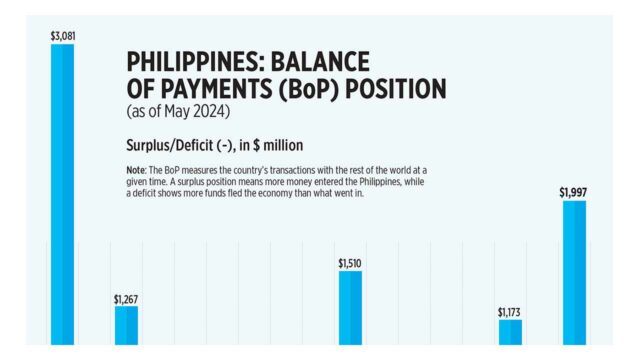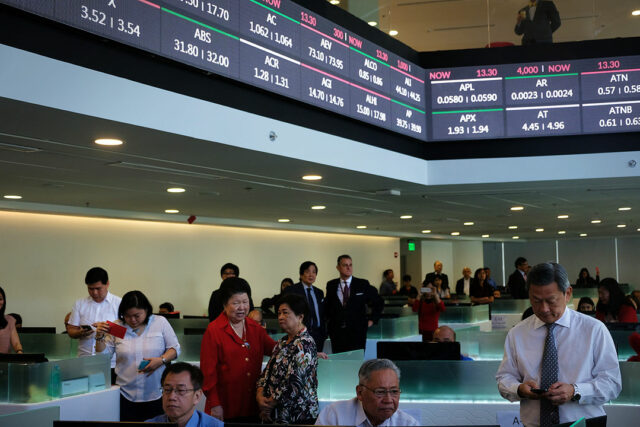The scorching sun and sweltering humidity cause the temperature to rise and tempers to flare.
Trapped in the blistering urban oven, our thoughts turn to cool temptations. To walk in the mist of a pine forest and smell the fresh flowers, to touch the wispy clouds as they drift by the mountains, to plunge into the azure sea and float on the rolling waves. To stand under a waterfall of cool spring water and wade around the crystal-clear stream. To stroll along a white powdery beach and pick tiny shells. To laze under palm fronds, sip icy coconut juice or a frozen shake, and gaze at the swirling kites in the cobalt sky.
The pace of life has been accelerating since the long lockdown ended. From the eerie silent stillness to a slowly rising tempo to a frantic frenzy. Unnerving and distracting.
Fast forward and upward.
Hurtling to the future, we often miss the essential things. We do not have time to pause long enough to savor life.
All we see are the four walls of the office, conference rooms, hallways, and more walls at home. Our reading materials consist of online financial statements, hard copies of annual reports, schedules, ledgers, official letters, and countless e-mails. We are preoccupied with deadlines, accounts, interest rates, market charts, analyses, surveys. There are many things to read that are urgent and others that are not important.
We downsize to save resources and deal with clutter and details.
Rushing back between Zoom meetings, live receptions, and socio-civic activities — to the gym, driving range, tennis and pickle ball courts, swimming pool, or track field. It is a constant series of catching up with people and goals.
Life on the semi-fast track is relatively active. We can barely keep up and catch our breath. Speed tends to distort one’s sense of perspective and vision. Harmony and balance are distorted. Everything becomes a blur of shapes, incoherent words, and discordant notes.
What can we do when the world spins out of control? We take flight, pray, fantasize, play music, work out, eat, play a sport, dance, paint, compose, write. There are many options.
A fantasy revives the tired spirit like a bracing tonic. When it is physically impossible to escape, we can switch reality off. Just for a spell.
“Come with me, and you’ll be in a world of pure imagination…” as the song goes.
In the world of imagination, one can wander to distant places in the future. Or back to an era of innocence.
One generation ago, life was less complex, less frenzied. People had simple needs and fewer wants.
In those days, people were content with less extravagant, less complicated desires. It was a more civilized world. People were kinder and more courteous. There was enough time to do certain things and interact with the friends who matter.
Summertime used to be a long sojourn in cool Baguio. For most people, it was heaven on earth. (This was before jet-setting and island hopping became fashionable.) The city, swathed in fog and dappled with silver clouds, was paradise found. It was everything wonderful wrapped in one bright, beautiful, and fragrant package. That was when families had close friends who formed the extended clan. It seemed that everyone knew each other and cared about the community.
Over the decades, the close-knit feeling has been eroded by inertia, indifference, apathy, and other material or cyber distractions. The fragile threads of friendship have been severed by geographical and emotional distance. Not necessarily by choice but by circumstances beyond our control.
People have moved on — to other places and new experiences. Some friends conveniently remained in a time warp, a defensive bubble. Unable or unwilling to change and go with the flow.
Long, lazy summers in the mountains are no longer the lifestyle. People prefer to travel to other countries, take cruises and explore exotic islands, chase the northern lights — the elusive aurora borealis —, ascend to Macchu Picchu of the Incas, climb Mount Everest, or chase happiness in Bhutan, see Antarctica and the penguin colonies.
Floating on a pool or surfing the waves, swimming with the whale sharks and dolphins, watching the sun set and moon rise are some of the pleasures one can imagine and do within a limited period. It could go on and on. The imagination expands and rises, lifting the dreamer to a different plane.
If only one could do everything all at once without the hassle of postponement. How much time does one have? The future is now here — in the present.
A sudden clap of thunder breaks the reverie.
Back to reality, the oppressive heat wave is aggravating the toxic atmosphere. People are anxious, vulnerable, tense and wary. There are too many worries in the mind — the crises in the world are overwhelming.
The feeling of suffocation will pass. The haze will eventually dissolve. We hold our breath — and wait for the steamy showers to fall. The rainy season is starting.
Hopefully, one can exhale and feel a blissful sense of relief.
Maria Victoria Rufino is an artist, writer and businesswoman. She is president and executive producer of Maverick Productions.
mavrufino@gmail.com
















